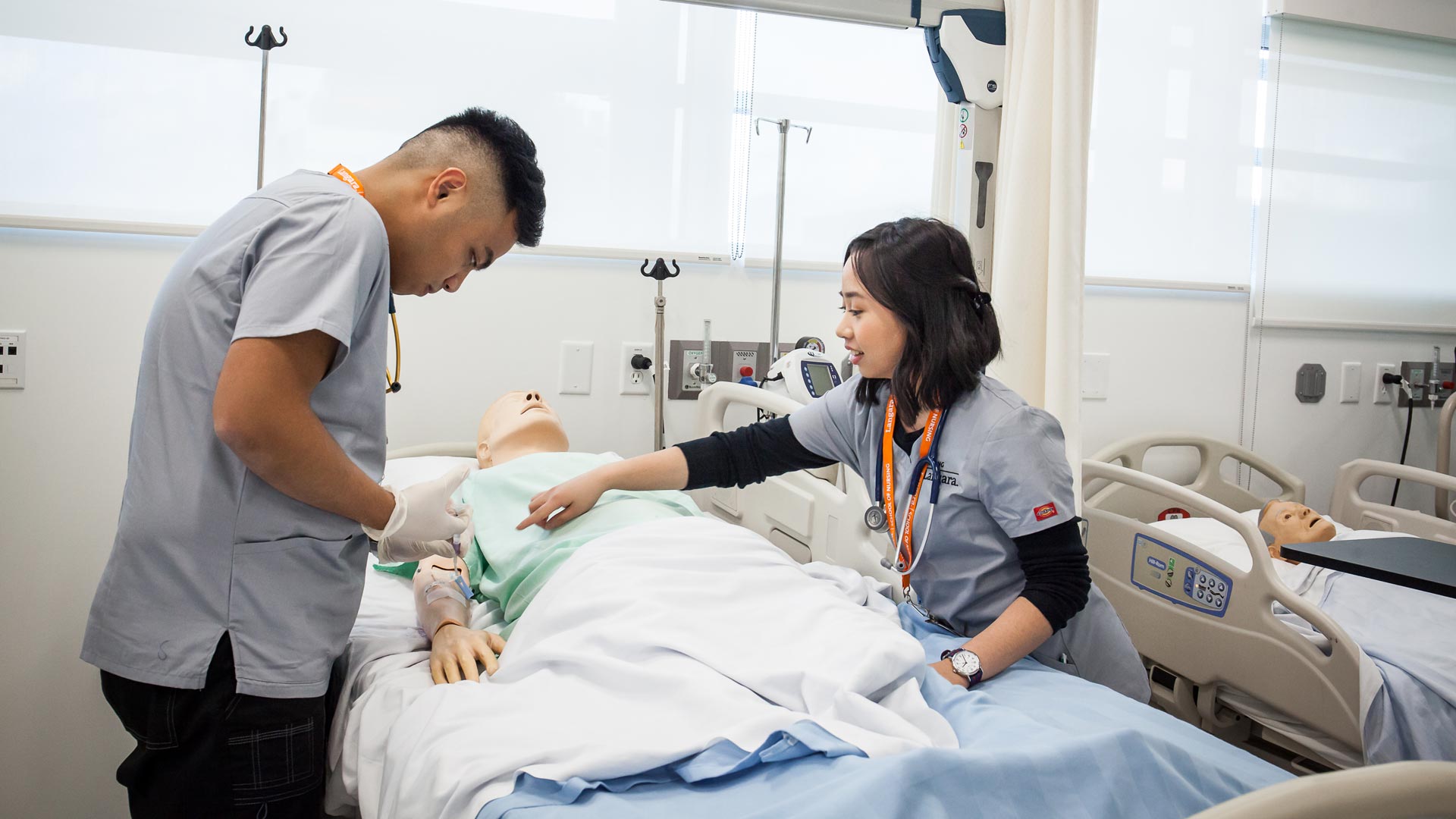Nursing
About
Effective Spring 2025, exceptionally qualified applicants may be offered early rolling admission to the Bachelor of Science in Nursing program.
The Langara College Faculty of Nursing offers a Bachelor of Science in Nursing (BSN) program which equips students with the broad base of knowledge and skills necessary to provide professional nursing care in an increasingly complex health care system. The curriculum is reviewed regularly to ensure it is informed by new developments and trends in health care and nursing education.
The British Columbia College of Nurses and Midwives (BCCNM) recognizes all nursing education programs offered by the Faculty of Nursing. The BSN and Advanced Entry BSN (LPN bridging to BSN) programs are also accredited by the Canadian Association of Schools of Nursing.
The Post-Degree Diploma in Nursing Practice in Canada is a two-year re-entry program for Internationally Educated Nurses that is also recognized by the BCCNM.
All graduates of the BSN and Post-Degree Diploma in Nursing Practice programs are eligible to write the national nursing licensure exam.
Bachelor of Science in Nursing Intake Average
Our competitive average for the Spring 2026 intake was 3.6. Please note this GPA does not guarantee acceptance for future intakes. The publication of this average is solely intended as information for applicants.
Please note: as the program evolves, the information presented on the College website is subject to change.

Nursing at Langara College
Langara College is situated in a large urban centre where nursing students have access to a variety of diverse practice areas, many of which are unique or well-known both nationally and internationally such as BC Children’s Hospital.
Vancouver is also noted for its multicultural perspective. Students studying nursing at Langara College will find their learning experiences enriched through the contributions of faculty members and students who represent many cultures.
Indigenous student support
In support of the Truth and Reconciliation Commission's Calls to Action, Langara is committed to increasing the number of practicing Indigenous nurses in Canada. In an effort to decrease systemic barriers posed to Indigenous learners, five seats in the Bachelor of Science in Nursing (BSN) program and two seats in the Advanced Entry BSN program are reserved for prospective Indigenous students who meet the minimum admission requirements.
Any Indigenous applicant interested in the BSN program is invited to meet with one of the Indigenous Liaison Counsellors in the Indigenous Gathering Space (C140) to discuss academic advising as well as personal and career counselling needs. The Indigenous Gathering Space houses the Indigenous Education and Services team and offers culturally-relevant support services to Indigenous students on campus.
Contact us
- Prospective applicants: regarding your application or for more information about the Bachelor of Science in Nursing program: domesticadvisor [at] langara.ca (domesticadvisor[at]langara[dot]ca)
- Regarding teaching opportunities in the BSN program: nurs_faculty [at] langara.ca (nurs_faculty[at]langara[dot]ca)
